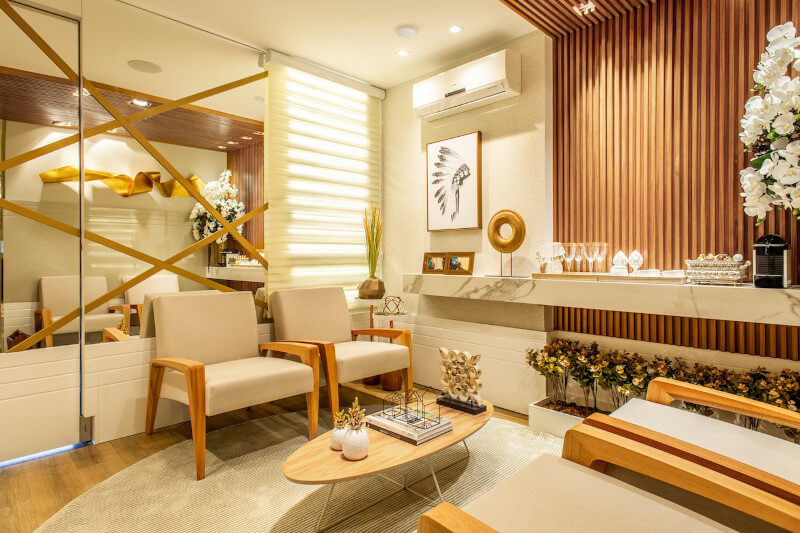It’s simple to lose track of things like cleaning and securing the house before escaping on holiday. While it’s common to rely on neighbors for tasks like mail collection, plant watering, and dog walking, it’s easy to put off necessary home repairs. So that your water pipes don’t burst in the cold season, you know to do things like shut off the main supply valve and maintain a steady indoor temperature.
Similarly, it does seem wasteful to run the air conditioner while no one is home, either because you are at work all day or because you are away for a long vacation. So, it stands to reason that turning it off if it’s not in use is the most efficient method of doing so. Not really!
Turning on the Air Conditioner Is Crucial While on Vacation
Seeing as how you won’t be there to bask in the comforting breeze of your air conditioning unit, it seems prudent to disable it. But similarly to the winter, you need to maintain a comfortable temperature inside your home to prevent damage. But why is it not a good idea to turn off your HVAC system, and at what temperature should you leave a vacant house during the summer? In this piece, I’ll discuss some of the potential problems that could arise if you choose to turn off your air conditioner while on vacation during the summer.
Is It Not Good to Turn Off the Air Conditioner?
Turning off your air conditioner may seem like a good way to save money, but it’s not a good idea. More money may be spent fixing the damage it causes around the house. How long you’ll be away from home determines how cold you should set the air conditioner.

Keeping the heating, ventilation, and air conditioning system at a comfortable temperature is a hassle if you’re only going to be away for a couple of days. The Energy Department recommends a thermostat setting between 20 and 23 degrees for extended periods. This should be enough to keep your air conditioner running long enough to get out the extra humidity and ensure the safety of the rest of your home.
Extremely High Humidity
The humidity levels in your house can be managed with the help of air conditioning. The ideal relative humidity in a home is between 30 and 50% for maximum comfort and health. Moisture and other typical humidity-related issues emerge above that threshold such as:
- Mold
- Mildew and musty odours
- Chipped paint
- Bentwood furniture (floors, cabinets, etc.)
Equipment Overload
Fridges and freezers may be designed to keep things cold, but they can only do their jobs effectively within a narrow temperature window. Appliances perform better in a cooler climate, while they struggle to keep up in a hot one. Turning off your air – conditioning system could lead to several issues, such as:
- Putting strain on your freezer and fridge
- Experiencing rising energy costs
- Malfunctions
- A pantry full of spoiled food
- Broken Technology
Most contemporary dwellings are digital wonderlands, replete with TV screens, video game consoles, and security systems. There is a structure of delicate circuits welded underneath the covers of the electronic devices. Soldering and circuits can be destroyed by excessive heat. If you let the temperature in your home rise too high, it can have the following negative effects on your electronic devices:
- Electrical components melted
- Drivetrain failure due to motor damage
- Broken display panels
How Can This Problem Be Fixed?
Turning the thermostat back a few degrees, but not off is the best option when the air conditioner is not in use. We suggest limiting yourself to a 4- to 6-degree increase in temperature if you plan to be gone for less than 12 hours. If you do this, your air conditioning system doesn’t have to work as hard to bring the temperature down to your “regular” setting, and you aren’t going to worry about returning home to a humid, poorly-ventilated house. However, if you are leaving for a weeklong vacation, we advise raising the temperature by no more than 10 degrees. You can reduce your cooling costs as much as possible without jeopardizing your building’s integrity by increasing the relative humidity. Don’t ever set the temperature higher than 25 degrees, as this is the magic number for reducing the adverse effects of moisture.
To Save the Day, Have Programmable Thermostats
A smart thermostat would be perfect for this situation. Setting it to rise by a few degrees instantaneously while you’re away from the office will save you the trouble of remembering to do so daily. When you go on holiday, you can usually turn your thermostat to an “away” setting. Rather not return to a sweltering residence. You can save money on your electricity bill by reducing the temperature in your home a few hours before you get home using the virtual temperature control feature available on many modern programmable thermostats.
More Holiday Advice for the Summer
If it’s hot outside, skip the steam cleaning of carpets. Mold and allergens will proliferate as a result of the elevated humidity and moisture retention in the rug and padding (particularly if the thermostat is turned up!). Rugs are easier to clean and dry faster in the cold season because the humidity is lower and people tend to spend more time indoors. Don’t forget to turn off the vent fans before leaving on vacation. Doing so will only force your air conditioning unit to work much harder to cool the same amount of air.
If you plan on taking your pet with you, empty its water dish and wipe out any saucers that might have water sitting in them. Remember to give your plants a good soaking the evening before you leave, and then drain any extra water. The moisture in the air is sufficient for the needs of many plants, and leaving water in containers only encourages pests and mildew to grow, particularly if the temperature is also increased.
Summary
Most property owners should leave their air conditioning unit on while away for a week or two. But there’s no reason to use the same amount of air conditioning throughout the house. Look for a holiday, maintenance, or away setting on your smart thermostat. With these adjustments, your thermostat will not turn on the air conditioner when it is supposed to. Lastly, according to GreeDirect, “when deciding whether to keep the air conditioner on or off, consider the age and efficiency of the house.”

